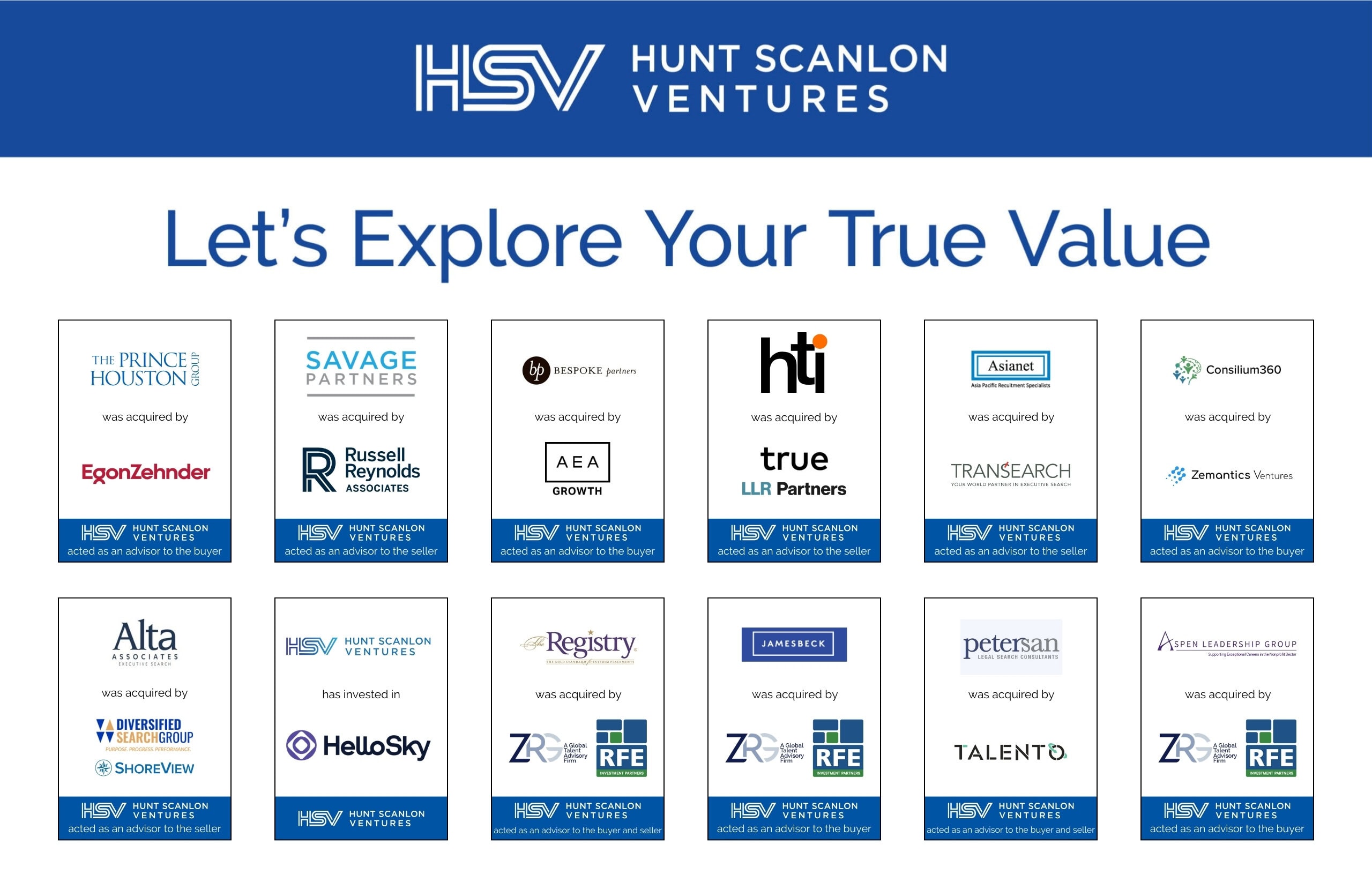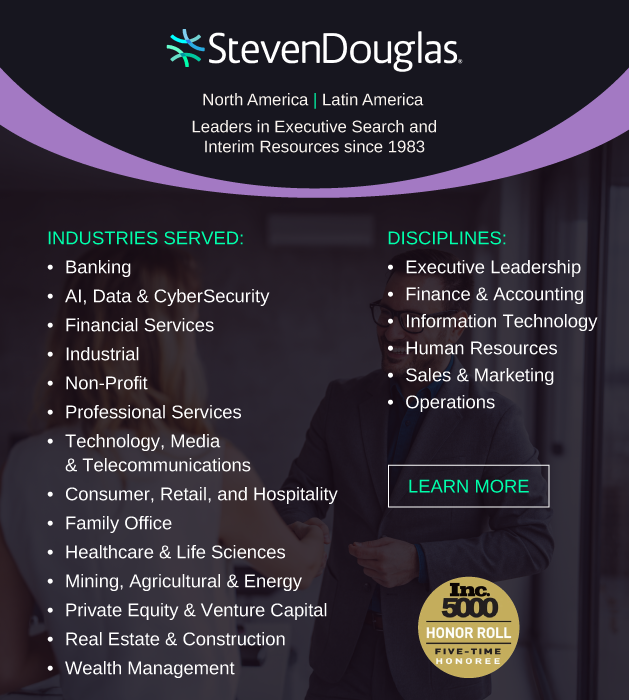As the world of business shifts into greater complexity, M&A is becoming more difficult to carry out successful post deal integration and more necessary for long term performance. According to KPMG, traditional markets and business models have been upended as powerful competitors emerge from unexpected directions. M&A has, therefore, become the primary method for retaining a competitive advantage as markets shift at an accelerating rate.
In this environment companies use M&A to acquire new capabilities to maintain a full breadth of service offerings in their industry. As M&A becomes increasingly important, the deal market has become intensely competitive: in many industries, as a result, the pool of attractive targets is shrinking by the day.
The Importance of Maintaining a “North Star”
With the stakes in M&A higher than ever, KPMG offers several practical moves to improve the odds of success in complex deals. The importance of having a clear sense of a long-term direction throughout the deal process has never been more important; KPMG has found that focusing on the strategic value that will come from a merger or acquisition leads to greater success. This means framing each step of the process around how it will ultimately lead to the creation of the proposed strategic value that sparked the initial M&A concept. Communicating this framing clearly to all parties keeps the larger vision top of mind leads to greater results.
Keeping the larger vision in mind is important, but having a rigorous approach to the day-to-day process is equally so. KPMG affirms the importance of due diligence and reminds us that the due diligence process should be an offensive one.
Preventing a Talent Bleed
In M&A, due diligence all too often becomes a ‘check the box exercise’, where analysts look to validate baseline assumptions. This lackluster breed of diligence becomes a defensive exercise, where we merely check to make sure there are no skeletons in the closet. This misses half of what diligence is really about: by taking an offensive approach, analysts can identify sources of even greater value and exploring potential synergies that were unclear at the outset of the process.
More than ever, the value of a target is found in the capabilities, energy, and culture of its people. With the labor market becoming increasingly competitive, KPMG has found that talent retention is mission critical for successful M&A.
Operating in the modern M&A landscape, with all its complexity, therefore requires firms to go far beyond the traditional plan for retaining key executives. It is important to use the diligence process to determine what positions and capabilities are most important to achieve the strategic value that sparked the process.
Armed with this understanding an acquirer can utilize targeted incentives, such as retention bonuses, to prevent a talent bleed in critical areas. This can help retain talent through the process, but it won’t be enough to retain employees in the long term. It is important that acquirers make their new staff feel as though they’re being recruited, not acquired. This may mean looking for new career opportunities for key talent within the organization.
Cody Crook, managing director of Hunt Scanlon Ventures, takes a closer look at the collaborative process between buyers and sellers. He examines why human due diligence is more often than not the essential ingredient to a successful deal outcome.
Cody, what was your biggest takeaway from this report?
I really appreciated how much KPMG stressed the importance of due diligence in the M&A process. Diligence is not just about checking a box and making sure there are no skeletons in the closet. It’s a collaborative process between buyer and seller, that should fully explore potential synergies. Acquirers should be inquisitive and reflective, fully considering what the target company could do differently with access to your resources. Maximizing synergies via due diligence doesn’t just mean looking into the target company, it requires acquirers to look in the mirror. We stress the importance of due diligence in all the deals we advise on, especially the importance of human due diligence.
“Maximizing synergies via due diligence doesn’t just mean looking into the target company, it requires acquirers to look in the mirror.”
What is human due diligence? Why is it so important?
Human due diligence specifically addresses the talent involved in a deal, and in this era of M&A it’s more important than ever. Bain & Company surveyed managers involved in 40 M&A deals. In 15 deals Bain classified as “successful,” almost 90% of the acquirers reported identifying essential talent for retention during due diligence. Due to the increased importance of this type of due diligence, and its relative novelty, it’s incredibly important that acquirers have a roadmap to ensure they’re executing this process correctly.
What would a roadmap look like for human due diligence?
We recently published an interview with Richard Stein from Sheffield Haworth on the roadmap that he’s laid out alongside his associates. Sheffield Haworth utilizes “talent intelligence”, a system wherein they leverage data-driven assessments, performance metrics, and leadership potential evaluations, to pinpoint employees who possess the necessary skills, competencies, and cultural alignment for future leadership roles. They’ve found that their data driven approach to human due diligence yields massive returns via value creation in M&A. Proactively identifying high-potential candidates forms the foundation of effective succession planning.
“Proactively identifying high-potential candidates forms the foundation of effective succession planning.”
How important is retaining talent in the M&A process?
It’s impossible to overstate how important this is. Data from The Manpower Group suggests that 77% of employers are having difficulty finding the skilled talent they need. What makes retaining talent so important, especially right now, is how difficult it is to replace. If a firm starts bleeding talent through the M&A process, it’s incredibly hard to fill those gaps at any point in the near term. The M&A process exposes an acquirer to A LOT of liability. Talent loss is a great way to start taking on water, and right now those holes simply cannot be patched.
Article By

Cody Crook
Cody Crook is managing director and head of investment strategy at Hunt Scanlon Ventures - an M&A advisory firm that specializes in the human capital space. Cody is responsible for co-managing the firm's investment portfolio, which includes executive search, talent acquisition, private equity, and investment firms. Leading the investment team, he spearheads all fund transactions and maintains portfolio developments. He is also responsible for sourcing, managing and monitoring investments and working with external portfolio managers, analysts and investors on active and prospective transactions. Connect with Cody.






